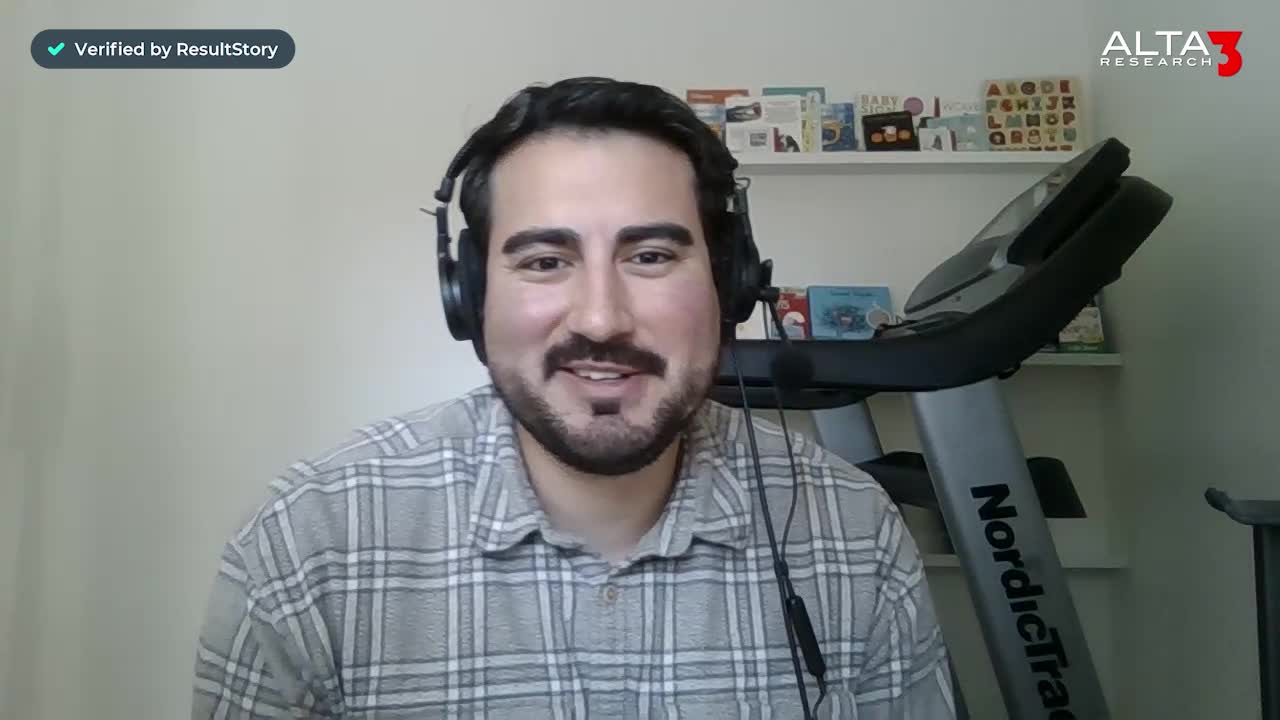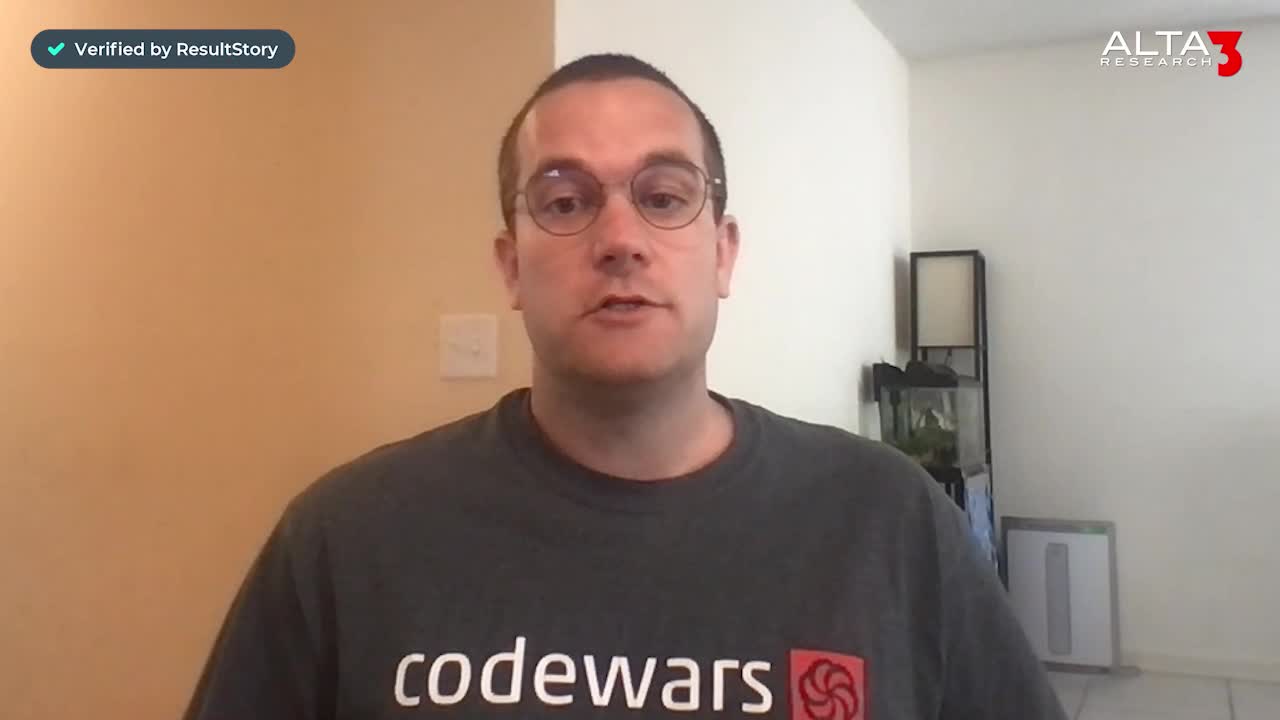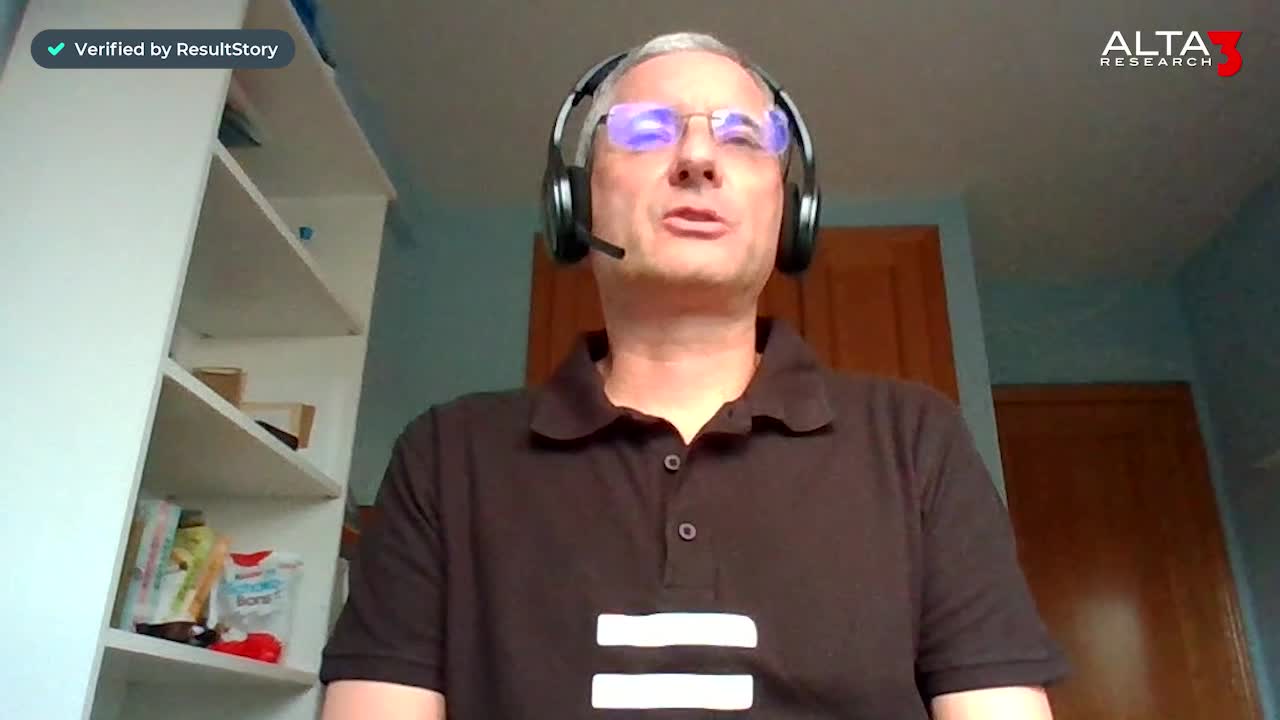Certified Scrum Product Owner (CSPO) Workshop
Elevate your product management skills with our Certified Scrum Product Owner Workshop designed for IT professionals and business leaders focused on agile transformation and Scrum methodology.

Essential Skills Gained

Explain the fundamental accountabilities of a Product Owner.

Maximize product value through effective Scrum team collaboration.

Work with stakeholders to achieve transparency and defined Product Goals.

Connect customers and users directly with Developers for enhanced insights.
Format
- Instructor-led
- 2 days with lectures and hands-on labs.
Audience
- Product Owners
- Product Managers
- Business Analysts
- IT Leadership (Managers/Directors/VPs/CIOs/CTO)
Description
As a Certified Scrum Product Owner (CSPO) you are accountable for generating the value of a product resulting from the work of a Scrum team, by working closely with stakeholders and focusing on outcomes that satisfy your customer needs. The highly interactive course will provide you with an understanding of how to apply an agile mindset through the use of the scrum framework. We will explore discovery and validation techniques to help teams build sustainable products that balance customer desirability, business viability, and technical feasibility. The course is led by a world-class Scrum Alliance Certified Scrum Trainer (CST) who combine their real-world experience with practical tools, real-life examples, lively discussion, and interactive exercises to help you learn and embed key learning from the course. After successfully completing this class, participants will be registered with the Scrum Alliance as Certified Scrum Product Owners (CSPO) and will have online access to the class training materials and any updates for one year. This course is also approved for 16 PDU's with the PMI.
Upcoming Course Dates
No upcoming dates. Please check back later.
Course Outline
Download PDFPart 1: Product Owner Core Competencies
Product Owner in different organizations
Demonstrate progress on Goals to Stakeholders
Gathering insights
Product Owner Interaction with Scrum teams
Product Ownership of Multiple teams
Owning the Product backlog
Collaborating with the Scrum team
Part 2: Goal Setting and Planning
Defining Value
Product Visions and Product Goals
Creating a Sprint Goal
Product Planning and Release Planning
Identifying small valuable increments
Part 3: Understanding Customers and Users
Product Discovery
Segmenting Customers and users
Conflicting customer needs
Defining Product Outcomes
Connecting developers to users
Part 4: Validating Product Assumptions
Validating Product Assumptions in Scrum
Approaches to validate assumptions
Part 5: Working the Product Backlog
Outcome vs Output
Maximizing outcomes
Product Economics
Describing and measuring value
Creating Product Backlogs, Product Goals, and Product Backlog Items
Refining a Product Backlog
Part 6: Scrum Theory
Empiricism and the three empirical pillars
Benefits of an Iterative and Incremental approach
The Scrum Framework
Scrum Values
Scrum alignment to the Agile Manifesto
Part 7: Scrum Teams
The responsibilities of the Scrum Team
The responsibilities of the Product Owner, Developers, and Scrum Master
Working with Stakeholders
Working with multiple teams
Part 8: Scrum events and activities
Benefits of Timeboxing
Purpose of a Sprint
Define and perform Sprint Planning, Daily Scrum, Sprint Review, Sprint Retrospective
Product Backlog Refinement
Part 9: Artifacts and commitments
Purpose of the Product Backlog, Sprint Backlog, Increment
The commitments of Product Goals, Sprint Goals, and Definition of Done
Product Backlog emergence
Attributes of a Product Backlog
Sprint and Increment relationship
Evolution of a Definition of Done
Your Team has Unique Training Needs.
Your team deserves training as unique as they are.
Let us tailor the course to your needs at no extra cost.
See What Other Engineers Are Saying
Trusted by Engineers at:
and more...

Aaron Steele

Casey Pense

Chris Tsantiris

Javier Martin

Justin Gilley

Kathy Le

Kelson Smith

Oussama Azzam

Pascal Rodmacq

Randall Granier

Aaron Steele

Casey Pense

Chris Tsantiris

Javier Martin

Justin Gilley

Kathy Le

Kelson Smith

Oussama Azzam

Pascal Rodmacq

Randall Granier